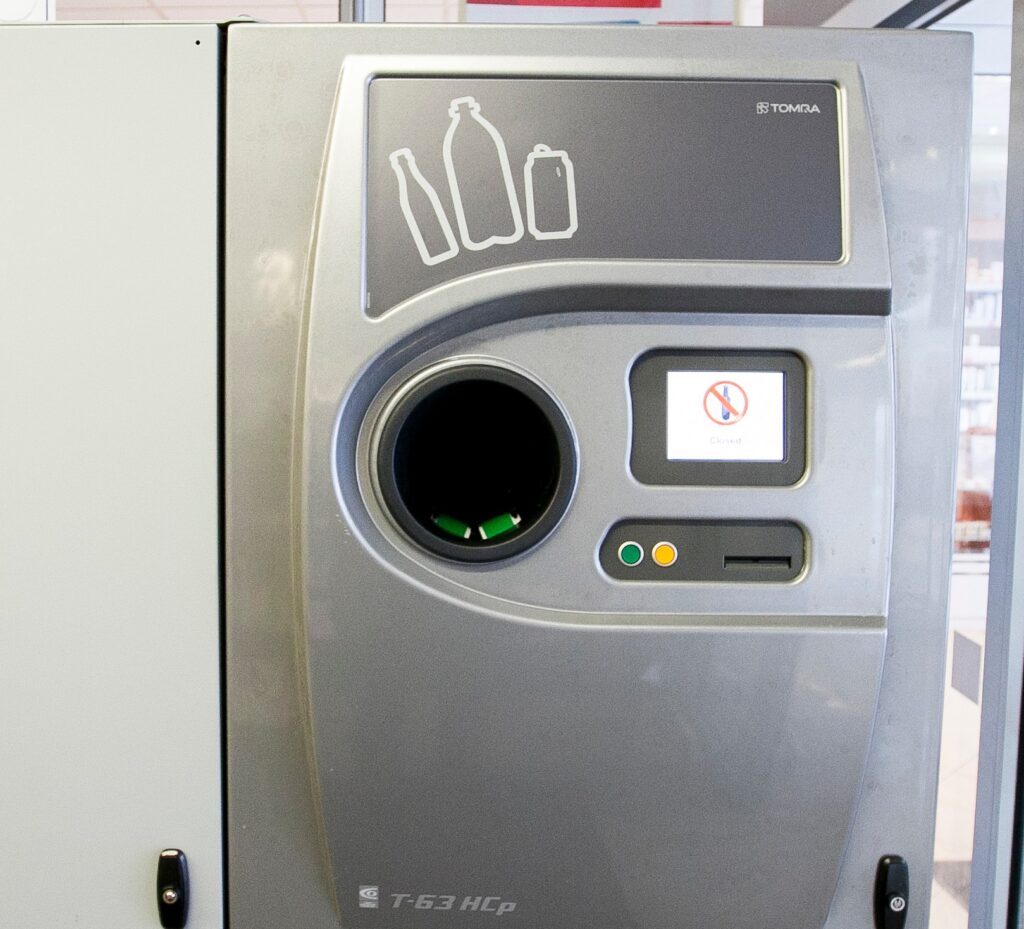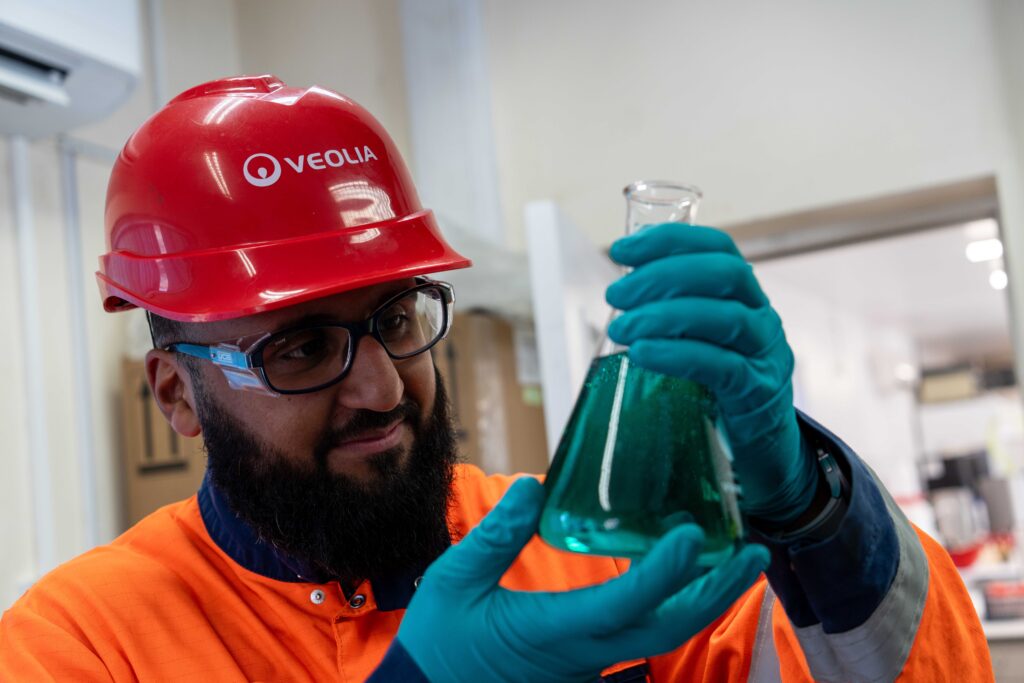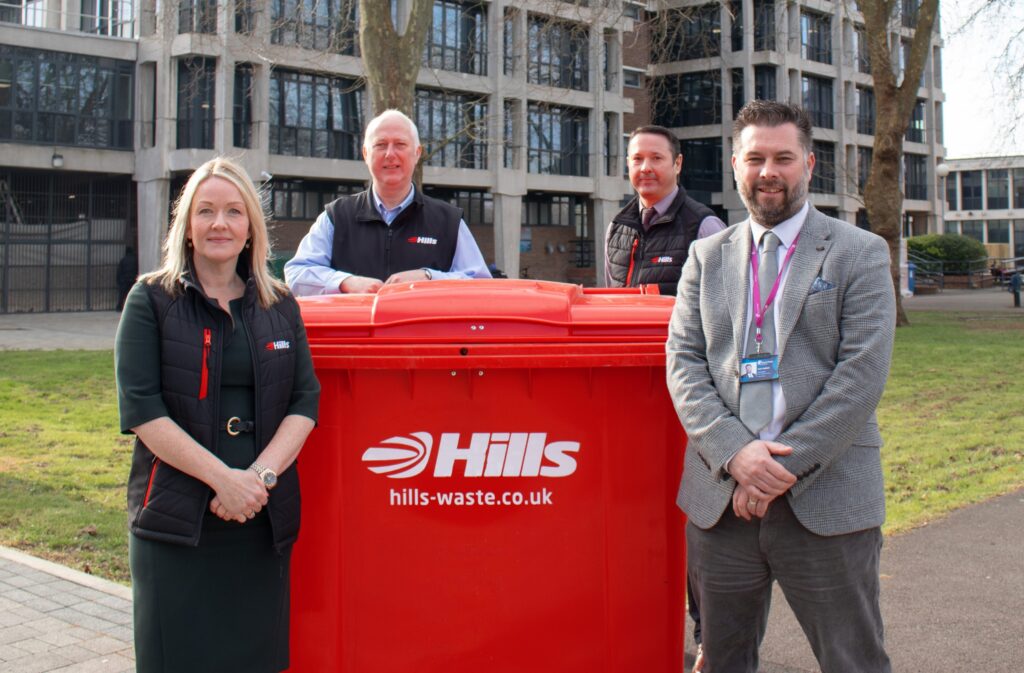According to a report, alongside nearly £500,000 in savings, the move would help it “better align” with the upcoming extended producer responsibility (EPR) and deposit return scheme (DRS).
The council said the DRS will make its services “less efficient”, while EPR payments will “be dependent on the quality of recycling collected and current system risks lower or no payments”.
This will ensure we can comply with future legislation
- Cllr Mark McDonald
Glass
When considering its revamped service, the council said glass collections were not included as this would also “make the service non-compliant with the recycling charter and would disqualify the council from receiving funds from the Recycling Improvement Fund”, set up by the Scottish Government.
It would also lead to “significant expense”, with little or no saving delivered.
Communities convenor Cllr Mark McDonald said: “I recognise that not everyone will welcome the changes however they will ensure we can comply with future legislation and continue to deliver reliable and efficient kerbside recycling services.”
System
Currently, the council operates a commingled service, with a grey mixed recycling bin and a purple residual waste bin both collected fortnightly. This includes glass.
It also operates a weekly food waste service in parts of the region and a chargeable garden waste service. The council recorded a 54.7% recycling rate in 2021.
Under the proposed new service, residual waste collections will remain fortnightly, while the grey bin for plastic bottles, containers and cans and a new blue paper bin will be collected every month.
The number of “neighbourhood recycling points” will also rise from 23 to approximately 190 for residents to take glass to.
Impact
The council highlighted that Aberdeenshire council recently changed from kerbside glass collections to recycling points “which resulted in only a 4% reduction in the amount of glass collected”.
Based on this experience, the council said, “changing to recycling points is expected to have a marginal effect on recycling performance” of less than 1%.
Overall, the council said the proposals are expected to increase the household recycling rate by 3% by extending the food waste collection service to approximately 3,900 households, through an extensive communications campaign covering all recyclable materials, and the new policy whereby if there are too many recyclables in purple bins they would not be emptied.

‘Unique’
Cllr McDonald added: “Our current system has served us well for many years. However, we now need to redesign our service in response to changing national policy and legislation.
“The way that we currently collect recyclables mixed in a single bin is relatively unique in Scotland. By bringing us closer in line with other councils’ collection systems we will increase the options for where we can send our recycling for sorting and deliver significant savings.
“By increasing the number of households provided with the food waste service and advising households we will no longer empty purple bins with unacceptable levels of recyclables in them, we hope to recycle more and significantly reduce our waste disposal costs.”










Subscribe for free